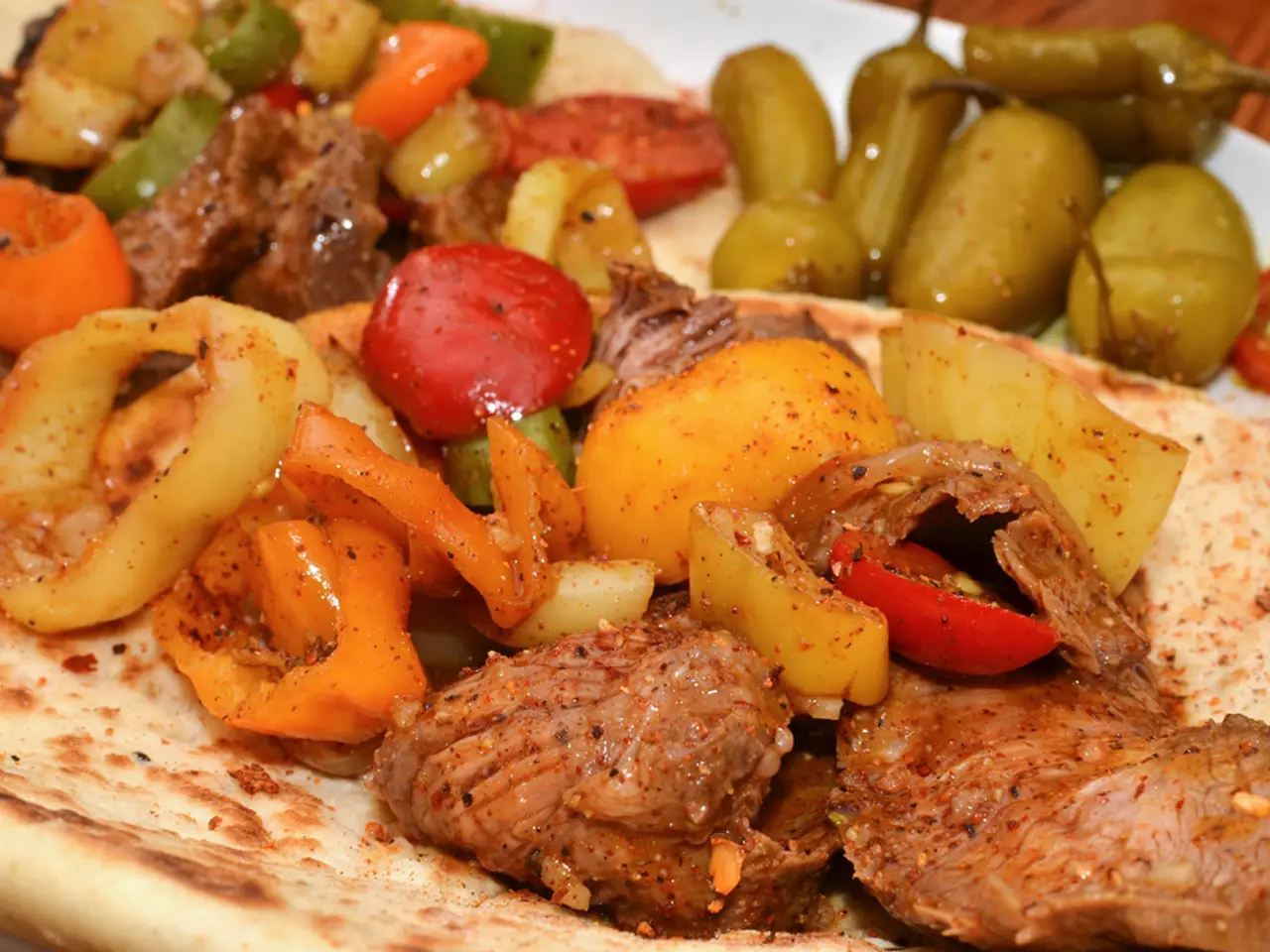Valencia Region Narrates Its Rich Culinary Journey Through Each Biteful Morsel
**Unveiling Valencia's Rich Agricultural Heritage: The Role of Acequias and Local Delicacies**
Valencia, a region in Spain renowned for its delectable cuisine, boasts a rich agricultural history that dates back to the Islamic period. At the heart of this history lies the intricate network of acequias, community-managed irrigation canals that have played a pivotal role in shaping Valencia's agricultural landscape.
**The Acequias: A Pillar of Valencia's Agricultural Life**
These earthen channels, which transport water from the Turia River to agricultural fields, form the backbone of Valencia's agricultural life. By providing a reliable supply of irrigation water, they have enabled the cultivation of a diverse range of crops, including rice, citrus, and other produce that have become central to the regional economy.
**A Historical and Cultural Significance**
The acequias are not just a technical solution to Valencia's water needs; they also embody a collective approach to managing this vital resource. The Water Tribunal of the Plain of Valencia, the oldest continuously operating legal institution in Europe, plays a crucial role in resolving disputes arising from water use among the irrigation communities. This system of communal governance and conflict resolution has contributed to the longevity and stability of Valencian agriculture.
In recognition of their cultural and historical significance, the acequias and the associated Water Tribunal have been designated as part of Spain's intangible cultural heritage. They stand as a living example of sustainable, communal water management and community cooperation that has endured for over a millennium.
**Valencia's Culinary Delights: A Reflection of Its Agricultural Bounty**
Valencia's agricultural heritage is beautifully reflected in its cuisine. Dishes such as Bunyuelos, sweet round balls of fried dough served with thick, hot drinking chocolate, are traditionally eaten during Las Fallas, the annual festival in Valencia. The region is also known for its horchata, a sweetened dairy-free milk made from chufa (tigernuts), which is closely associated with Valencia and is different from its Mexican cousin.
Valencia's culinary scene is not limited to traditional dishes. The region is home to innovative farm-to-table restaurants, such as La Barraca Toni Montoliu in Meliana, offering a unique dining experience that showcases the local bounty.
**A Sustainable Future for Valencia's Agriculture**
As climate change brings about more frequent droughts across the Iberian Peninsula, Spanish farmers must be mindful of their water use. The centuries-old tradition of sustainable water management embodied by the acequias offers a valuable model for the future.
In conclusion, Valencia's acequias are not just a technical solution to its irrigation needs; they are the heart of its agricultural, social, and legal traditions. They represent a unique model of resource management that has endured for over a millennium, providing a valuable lesson for the future of sustainable agriculture.
| Aspect | Description | |---------------------|----------------------------------------------------------------------------------------------| | Function | Distribute irrigation water from the Turia River to agricultural fields | | Origin | Developed during the Islamic period, continuous use since the 10th century | | Agricultural Impact | Enabled cultivation of rice, citrus, and other crops, supporting regional economy | | Governance | Managed by irrigation communities; disputes resolved by the Water Tribunal of Valencia | | Cultural Value | Recognized as intangible cultural heritage; symbol of sustainable, communal water management | | Cuisine | Reflects agricultural bounty, with dishes such as Bunyuelos and horchata |
- Valencia's rich agricultural heritage, as showcased by its traditional food like Bunyuelos and horchata, is directly linked to the intricate network of acequias, a historical and cultural cornerstone in Spain.
- For a comprehensive lifestyle experience in Valencia, visitors can explore the region's food-and-drink scene, from the revered traditional dishes to modern farm-to-table dining establishments like La Barraca Toni Montoliu in Meliana, offering a unique taste of the region's sustainable agriculture.




